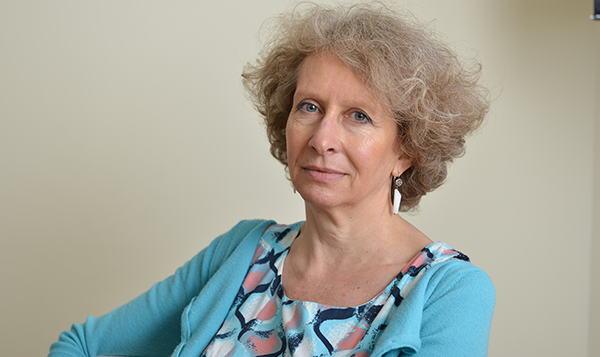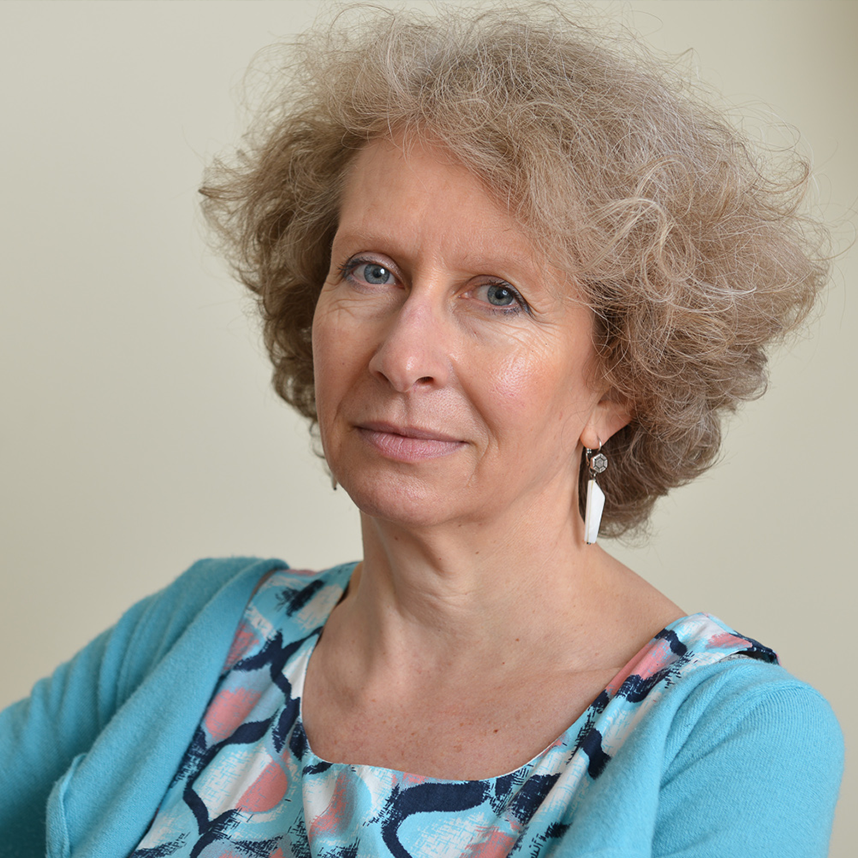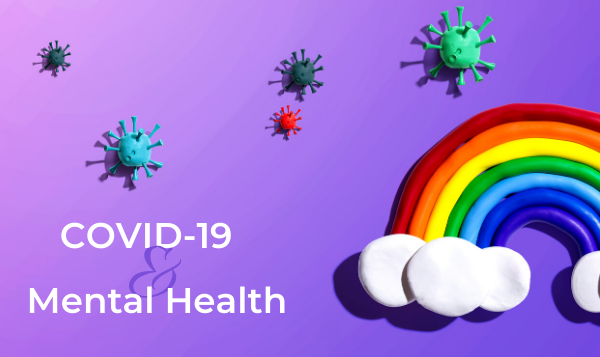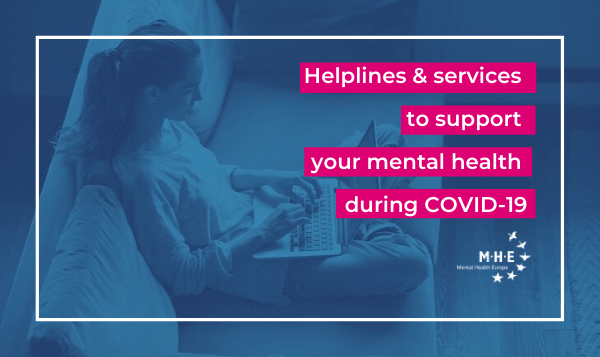This is a global experience, even if experiences vary tremendously due to inequality

Responding to COVID-19: Interview Series
MHE aims to provide helpful information to as many people as possible on how communities, including experts by experience, service providers, mental health leaders, governments and policy makers, researchers and others, can support people efficiently through the current crisis and beyond.
In this interview series with MHE members and partners, we discuss the impact of the pandemic on their lives and work and which measures they are taking or can be taken to cope with the situation. These testimonies underline the importance of putting mental health higher on the European agenda, during the crisis and afterwards, while offering a personal side and shared expertise for people within the mental health sector, decision makers, and anyone interested in improving mental health for all.
Interview with Sarah Crew, an individual member of MHE, a member of Similes Wallonia and a family carer
What impact is the current situation having on your life?
Confinement affects all the family. I am now working full-time from home, and we only leave the house for short shopping errands or walks in the neighbourhood. My 27-year-old son lives at home and receives regular medication. It has been more difficult to obtain prescriptions, but fortunately the pharmacy has been flexible and supportive.
My son’s few outside activities have been curtailed, and he can no longer accompany me on even basic excursions to the supermarket. Fortunately, we have a large garden and green outside space. When the weather is fine, he sits outside or wanders around, and he walks to a night shop at least once a day to buy a drink and cigarettes.
How are you adjusting your habits?
We are quite simply respecting the confinement measures. Personally, I have no difficulty making the adjustment, although I regret the way it makes our world a narrower place. I am naturally adaptable and have lived, for example, for long periods on a sailing boat. I find having some structure and variety to the day helps. I attempt to make a demarcation between work and leisure time. At the end of the day I like to walk, spend time in the garden and cook, before reading or watching a film. I encourage my son to walk with me, but I’m not always successful. I talk about the situation with him and give him brief updates. But he seems quieter than usual and he’s had even less appetite, which can be a sign of increased anxiety. We encourage him to eat with small but regular portions of his favourite food. And we remain calm about the situation as it’s important to not transmit any additional stress.
What is helping you?
Walking is a massive help. When I’ve had more difficult periods, I’ve headed outside for at least an hour. I also need to spend some time on my own. I’ve discussed the situation with my son’s psychiatrist, and she thinks I’m managing relatively well because I’ve previously experienced trauma, principally through managing my son’s mental health issues. I’ve occasionally struggled with self-discipline over work, so I’ve been exploring time management systems and there is definitely an improvement. I’ve also become involved in community activities as well as joining in the evening clapping for carers.
What would help you?
This is difficult to answer. I personally feel fine, but consider myself fortunate to have regular work, a salary and a spacious home and garden. Video conferences for work or with friends have been helpful.
My son’s psychiatrist offered him a phone call, but he wasn’t interested. I could not imagine him welcoming either a video conference call. Ideally, there would be someone who could visit us at home and have a chat with him while walking/maintaining a physical distance. The local mobile team no longer works with us because my son has been stable for the past three years. He has started attending a day clinic for one activity a week – swimming – but they have not called us once to see if he is fine. Apart from the psychiatrist – I had to contact her for prescriptions – there is no follow up.
I’m used to lack of support, but many service users and their families are suffering at the moment.
What message of hope could you send to other people that might be going through similar experiences?
Quite clearly, this is a global experience and everyone is in it together, even if experiences vary tremendously. This is due to inequality – it’s easier to thrive in confinement if you have space – and also if you are economically advantaged. It also appears that previous hardship can work in your favour as you can draw on previous experiences.
It is a cliché, but concentrating on the here and now can be beneficial. Try and let go of the need to plan ahead. It appears that there has been unity because everyone around is suffering a similar confinement. There is a risk with future deconfinement measures that people will have different experiences and some people may find it difficult to return to a more ‘normal’ life. So remain in contact with people in a similar situation to yourself and draw support from them. What small adjustments can I introduce in my life to make myself feel better? What gives me pleasure? Don’t be too hard on yourself and don’t feel guilty about not catching up on all those domestic and admin jobs that need doing… If possible, get involved in your community or do some volunteering. There are always people in a worse situation than yourself. Consider checking in with friends/family who may be struggling.
Related
Stay connected
Get our latest news, personal stories, research articles, and job opportunities.


